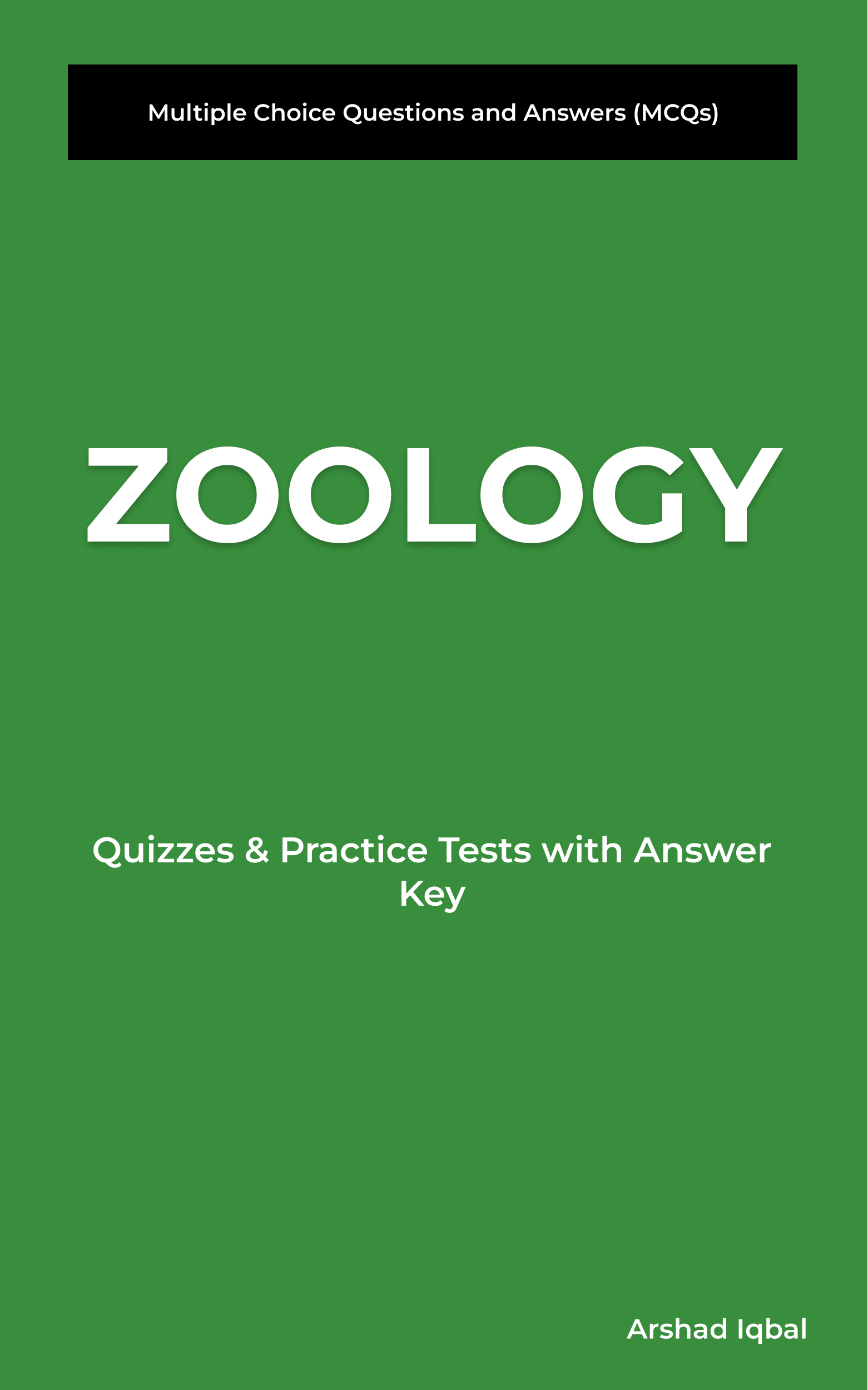Educational Psychology Practice Test 9
Prominent Pioneers in Educational Psychology Quiz Questions and Answers PDF - 9
Free Prominent Pioneers in Educational Psychology Quiz Questions and Answers, Prominent Pioneers in Educational Psychology Quiz PDF Download, Book Ch. 2-9 to study psychology online courses. Practice Introduction to Educational Psychology MCQ Questions PDF, prominent pioneers in educational psychology Multiple Choice Questions (MCQ Quiz) for online college degrees. The Prominent Pioneers in Educational Psychology Quiz App Download: Free learning app for vygotsky's sociocultural theory, method of treatment, junior and senior high: formal operation, behaviorism, prominent pioneers in educational psychology test prep for psychology certifications.
The Quiz: He was awarded for the doctorate for his classic thesis on "Animal Intelligence"; "Prominent Pioneers in Educational Psychology" App Download (Free) with answers joseph mayer rice, edward lee thorandike, lewis madison terman and skinner for online degree programs. Solve introduction to educational psychology questions and answers, Amazon eBook to download free sample .
Prominent Pioneers in Educational Psychology Questions and Answers PDF Download: Quiz 9
MCQ 41: He was awarded for the doctorate for his classic thesis on "Animal Intelligence"
- Edward lee Thorandike
- Joseph Mayer Rice
- Lewis Madison Terman
- Skinner
MCQ 42: In classical conditioning the natural and unlearned reaction to an unconditioned stimulus is known as the
- Unconditioned stimulus
- Unconditioned response
- Unconditioned stimulus
- Conditioned response
MCQ 43: Children begin to develop symbols to represent events or objects in the world at the stage of
- Primary circular reaction
- Secondary circular reaction
- Tertiary circular reaction
- Early representational thought
MCQ 44: The method which involves an intensive study involving all possible details regarding individual behavior.
- Psycho physical method
- Experimental method
- Clinical method
- Survey method
MCQ 45: Vygotsky theory must directly supports cooperative learning strategies that are evidence by
- Students helping are another to learn
- Students are role modes for other students
- One student help all students to learn
- Students in competition
General Knowledge Exam Prep Tests
Prominent Pioneers in Educational Psychology Learning App & Free Study Apps
Download Prominent Pioneers in Educational Psychology Quiz App to learn Prominent Pioneers in Educational Psychology Quiz, Educational Psychology Learning App, and Inventions Quiz Apps. Free "Prominent Pioneers in Educational Psychology" App to download Android & iOS Apps includes complete analytics with interactive assessments. Download App Store & Play Store learning Apps & enjoy 100% functionality with subscriptions!
